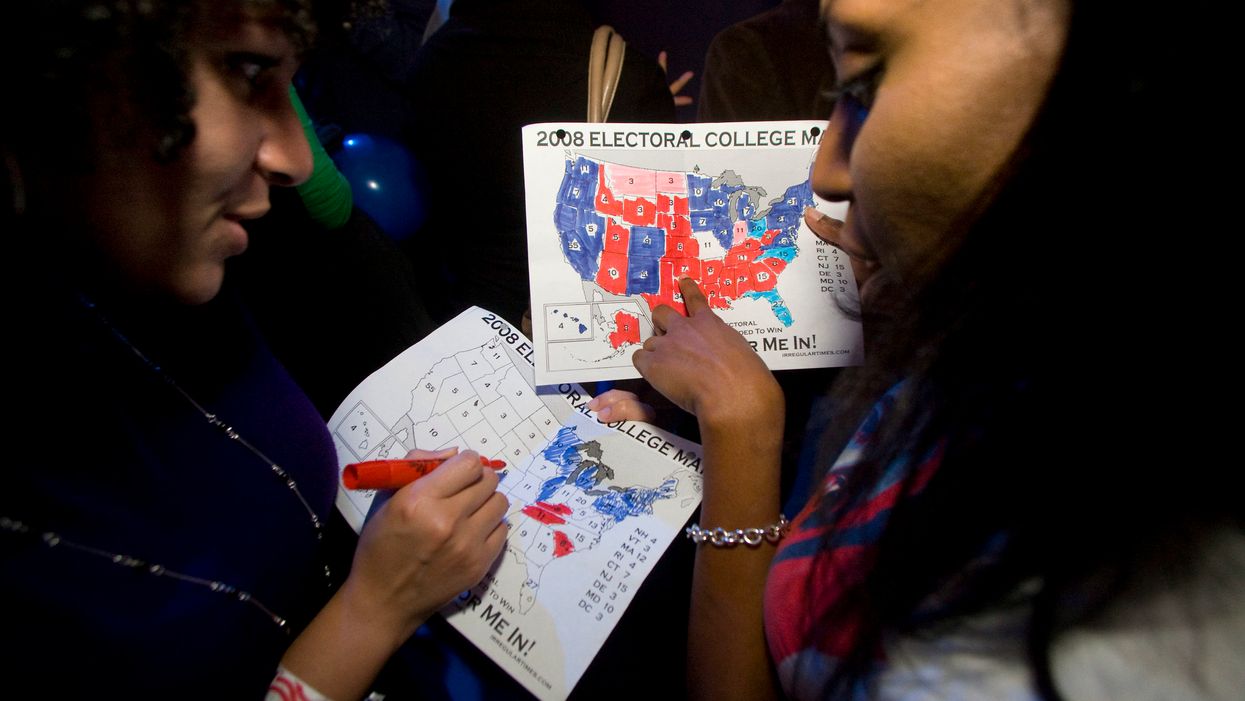
Jb Reed/Bloomberg via Getty Images

This ruling is limited and applies only to six states. This case could end up before the Supreme Court
In 2016, former Secretary of State Hillary Clinton won the popular vote in the state of Colorado. Normally this would entitle her to all of that state's nine electoral votes. However, one elector decided to break ranks and cast his vote for Ohio Gov. John Kasich. That elector, Michael Baca, had hoped that enough electors would join him across the country to keep Donald Trump from getting the electoral votes he needed to become president. While there have periodically been "faithless electors" like Baca throughout the country's history, there have never been enough to sway a presidential election.
Six other electors across the country had also voted for someone other than the candidate who had won their state in 2016.
Colorado's secretary of state said that Baca's vote for Kasich was invalid, since Clinton had won the state.
On Tuesday, the 10th Circuit Court of Appeals ruled in a 2-1 decision that electors could vote for any candidate they chose, regardless of how citizens of that state voted.
This rule is limited and applies only to six states under the 10th Circuit's jurisdiction: Colorado, Kansas, Oklahoma, Utah, and Wyoming. Every one of these states went for Trump with the exception of Colorado.
Washington's state Supreme Court has ruled against this freedom for electors, so this case could be headed to the U.S. Supreme Court.
So far 15 states and the District of Columbia have signed a pact promising to give their electoral votes to the winner of the national popular vote, regardless of whether or not that person won their state. Supporters hope that if enough states join the movement, it would make the Electoral College irrelevant.
However, Clinton won every one of the states in the pact so far, making it unlikely that this agreement could actually hurt Trump in 2020.
The Electoral College has historically been good to Republicans. Of the five presidents to lose the popular vote but win the Electoral College (John Quincy Adams, Rutherford B. Hayes, Benjamin Harrison, George W. Bush, and Trump), four have been Republicans (Adams predated the Republican Party but was opposed to Andrew Jackson's Democratic Party). Jackson was one of the earliest supporters of getting rid of the Electoral College altogether.